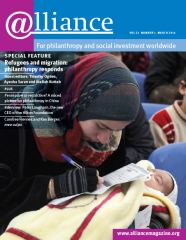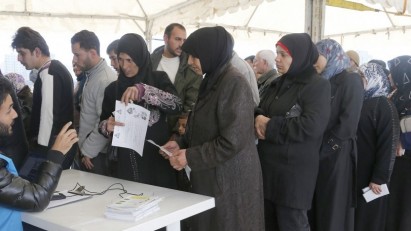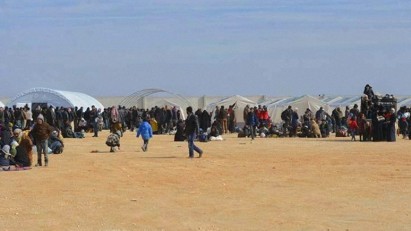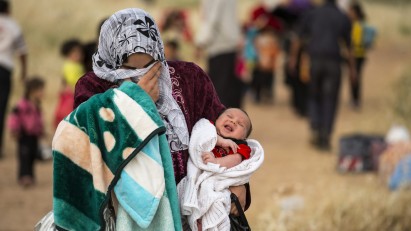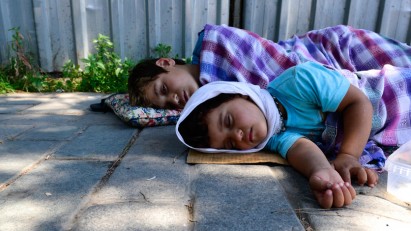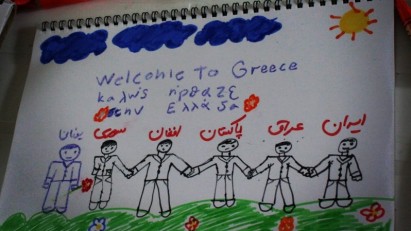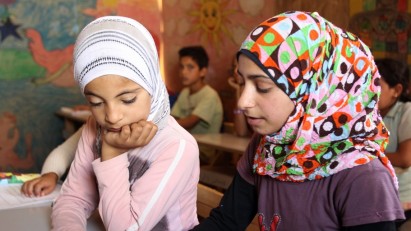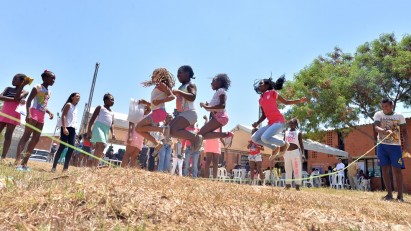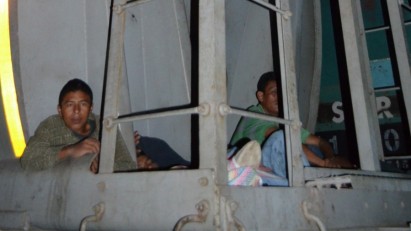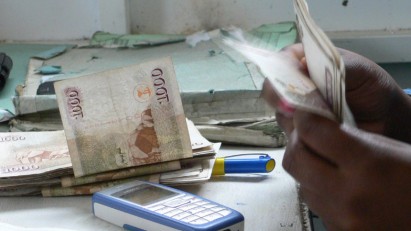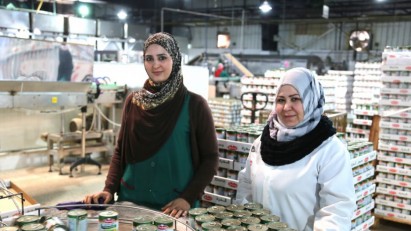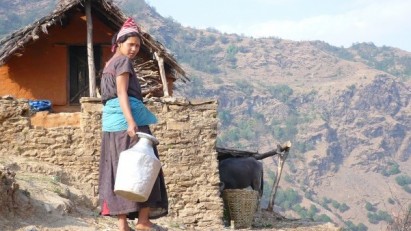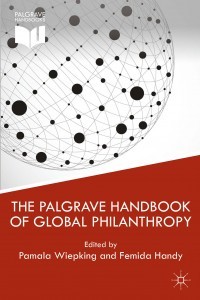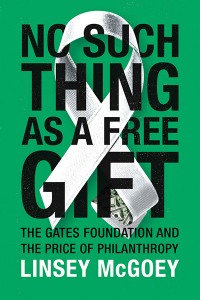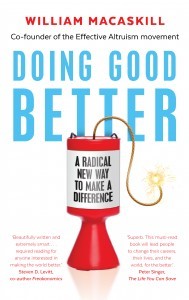It is generally agreed that states have obligations, legally and ethically. But what happens when states and international institutions fail to act? Or act in a way that causes or exacerbates the problem? Does philanthropy – the literal meaning of which is a love of humanity – hold the promise of helping to alleviate human suffering?
Our special feature asks how philanthropy should respond to the issues posed by refugees and migration. Guest edited by Timothy Ogden, Ayesha Saran and Atallah Kuttab, the feature looks at where we are now, philanthropy’s varied responses to the issues and whether, and under what circumstances, migration can be a force for good.
Questions explored in the special feature include: should foundations press states to fulfil their statutory responsibilities? Or should they just be thinking harder about their own? For example, should foundations address the disproportionate impact on women? Should they seek to change public attitudes? Should they help with absorbing and integrating new arrivals?
Moreover, are we too western-centred in our response? We react to the affront caused by children drowning on our shores but what about children drowning further away? And even if we did address all the problems of refugees and migration, what about other urgent challenges facing humanity such as climate change?
This issue also features an important contribution to the debate about how to measure the impact of non-profits by Caroline Fiennes and Ken Berger. Their mea culpa shatters the consensus that non-profits should be responsible for measuring their own impact. Instead, they argue, work would be better undertaken by independent specialists if we want reliable and high quality data.
We also hear from Peter Laugharn, the new head of the Hilton Foundation, who talks about what it’s like to be a non-family member in a family philanthropy. Meanwhile, reports from the US and China examine the ways in which the space for philanthropy is changing.
This edition is the product of many hands. We hope you enjoy the outcome.

